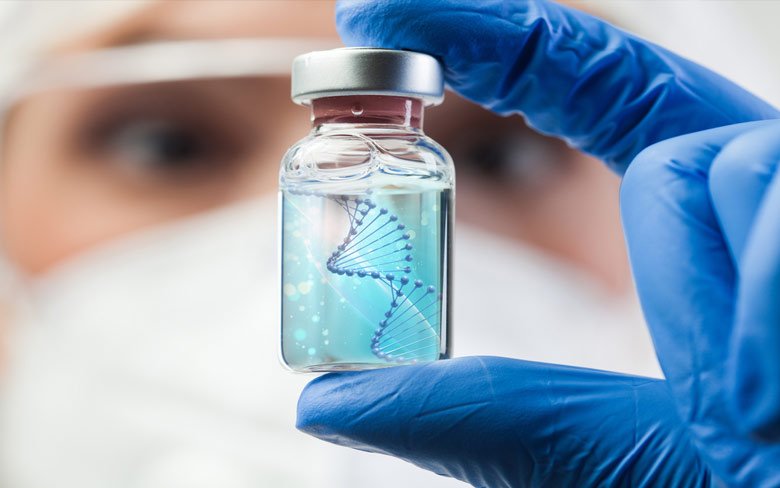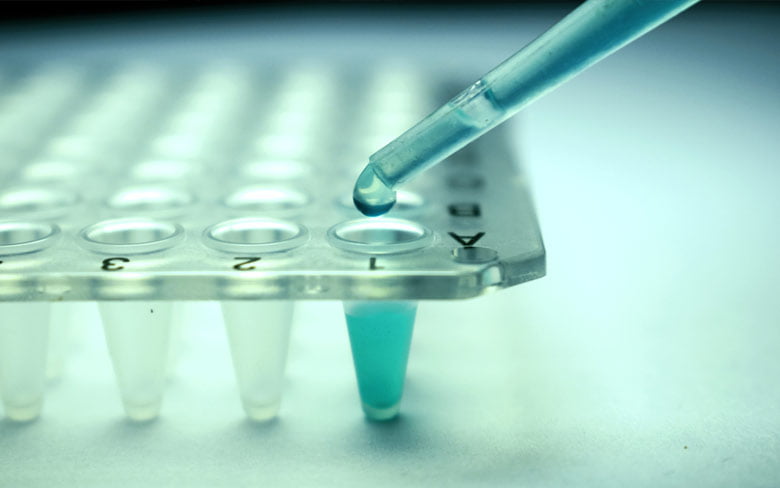Stem Cell Therapy: A Revolutionary Medical Breakthrough
Heal from Within | The Power of Stem Cells
More and more people are turning to stem cell therapy as a beacon of hope in medicine, especially when conventional treatments fall short of expectations.

What are Stem Cells?
Stem cells are special cells that can develop into different types of cells. They can renew themselves and change into highly specialized cells, which is crucial for maintaining and repairing our bodies.
Types of Stem Cells
- Umbilical cord blood Stem Cells: We only use cord blood stem cells, we do not use embryonic stem cells because they can cause tumours.
- Adult Stem Cells: Found in adult tissues like bone marrow and fat, with limited differentiation ability.
- Induced Pluripotent Stem Cells (iPSCs): Genetically reprogrammed adult cells behaving like embryonic stem cells.
- Perinatal Stem Cells: Found in amniotic fluid and umbilical cord blood, can differentiate into specialized cells.
Applications of Stem Cell Therapy
- Degenerative and Chronic Conditions: Osteoarthritis, heart diseases, Autism, COPD and Parkinson‘s disease.
- Injury and Trauma: Sports injuries, musculoskeletal problems, and spinal cord injuries.
- Cosmetic and Anti-Aging Treatments: Skin rejuvenation and hair regrowth.
- Autoimmune and Inflammatory Disorders: Rheumatoid arthritis and inflammatory bowel diseases.
- Blood and Immune System Disorders: Leukemia, lymphomas, and other blood-related diseases.
- Neurological Conditions: Alzheimer‘s disease, multiple sclerosis (MS), and stroke recovery.
- Cardiovascular Diseases: Heart attack recovery and chronic heart failure.
- Diabetes: Type 1 diabetes by regenerating insulin-producing cells.
- Liver Diseases: Cirrhosis and other chronic liver conditions.

How the Therapy Works
- Consultation and Assessment: Evaluates patient suitability.
- Source Selection and Harvesting: From bone marrow, adipose tissue, or umbilical cord blood.
- Processing and Isolation: Obtains a concentrated and purified stem cell population.
- Administration: Delivered through various methods depending on the target tissue and treatment goals. These methods include:
- Intravenous (IV): Cells are injected directly into a vein, allowing them to travel throughout the bloodstream and reach the target organ.
- Intrathecal (IT): Cells are injected into the fluid around the brain and spinal cord. This targets neurological conditions.
- Intramuscular (IM): Cells are injected into a muscle, often used for musculoskeletal disorders.
- Intranasal (IN): Cells are delivered as a spray or mist through the nose, a method under investigation for respiratory conditions, and in our therapy method, we use exosomes as boosters in this field.
- Direct Injection: Cells are injected into the affected tissue. This is used for localized conditions like osteoarthritis.
- Follow-Up and Monitoring: Regular check-ups to assess progress.
Approved vs. Unapproved Therapies
We only use FDA-approved therapies, such as blood stem cell transplants, that have undergone rigorous testing. Dosage and administration are carefully calculated based on the patient’s weight to ensure safety and efficacy. For beauty treatments, the cells are sourced from umbilical cord blood. Alternatively, if the person is healthy, they can use their own cells for these treatments. We do not use embryonic cells due to their potential to cause tumors. Additionally, using umbilical cord blood eliminates the ethical concerns and critical questions associated with sourcing embryonic cells.
Potential Benefits
- Tissue Repair and Regeneration
- Reduction of Inflammation
- Regulation of the Immune System
- Improvement of Quality of Life
Potential Risks
To minimize potential risks, our stem cells are sourced from laboratories adhering to GMP standards and undergo 14 tests to screen for inherited diseases, exceeding the standard of 10 tests. As a result, we have had no incidents of these complications like: Infections, Immune Reactions or Rejections, Tumor Formation, Unwanted Tissue Formation and Blood Vessel Blockage
Potential Side Effects
- Fever: Possible within the first 24 hours.
- Headache: May occur after the procedure.
- Haematoma: Bruising at the injection site.
Recovery and Aftercare
The recovery process includes:
- Initial Recovery: Days to weeks, with potential swelling and fatigue.
- Subacute Stage: Weeks to months, with symptom improvements.
- Long-Term Recovery: Extends beyond initial months, with ongoing follow-up appointments.
Understanding Stem Cells
Stem cells, likened to the body’s repair crew, possess remarkable abilities to multiply and adapt into various cell types. Acting as internal healers, they replenish damaged tissues and aid in the recovery process. This transformative potential has fueled a surge in stem cell research over the past decade, driving medical innovation across diverse fields.
Explore the Potential
Explore comprehensive information on stem cells, including their wide-ranging applications in modern medicine, spanning from cosmetic procedures to regenerative medicine. Discover the promise they hold for the future!
Feeling Overwhelmed with Treatment Options?
Let MedClinics be your guide! We’ll help you navigate through the possibilities, finding the ideal stem cell treatment tailored to your needs, all at an affordable price. Trust our expertise to connect you with high-quality therapy.
Conclusion
Stem cell therapy is a significant advancement in medical treatment, offering potential solutions for various health issues through regenerative medicine. Understanding the differences between approved and unapproved therapies ensures safe and effective treatment.
What are exosomes?
Exosomes are small vesicles secreted by cells that play a crucial role in cell communication. They carry proteins, lipids and genetic material between cells, influencing various physiological and pathological processes. In stem cell therapy, exosomes can enhance regenerative effects by promoting tissue repair, reducing inflammation and modulating the immune response. They are considered powerful tools in regenerative medicine and are being used to increase the effectiveness of treatments, particularly for conditions such as respiratory diseases.
Keep on reading …
Patient Stories & Blog’s
Begin Your Personalized Journey Today!
Our team will assist you at every stage, from discovering the ideal treatment to locating the perfect clinic.
Types of Treatments
Powered by ISSCA, REGEN, and MedClinics - connecting a global network of pioneers to shape the future of regenerative medicine.
Cell-Free Regeneration | The Intelligent Power of Exosomes
Request Form
Get your free consultation
- Need guidance and reassurance?
- Talk to a real person from MedClinics!
- Let's find the perfect doctor together.